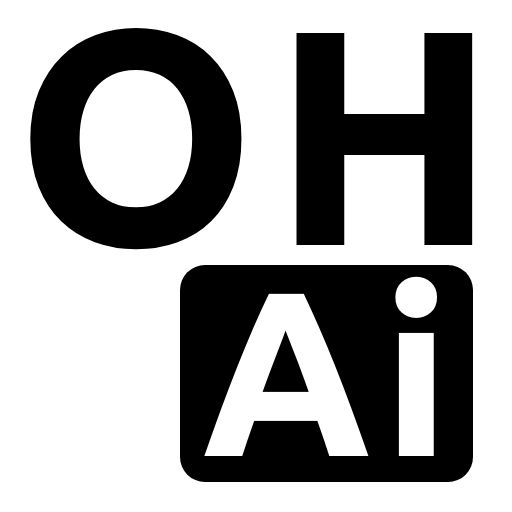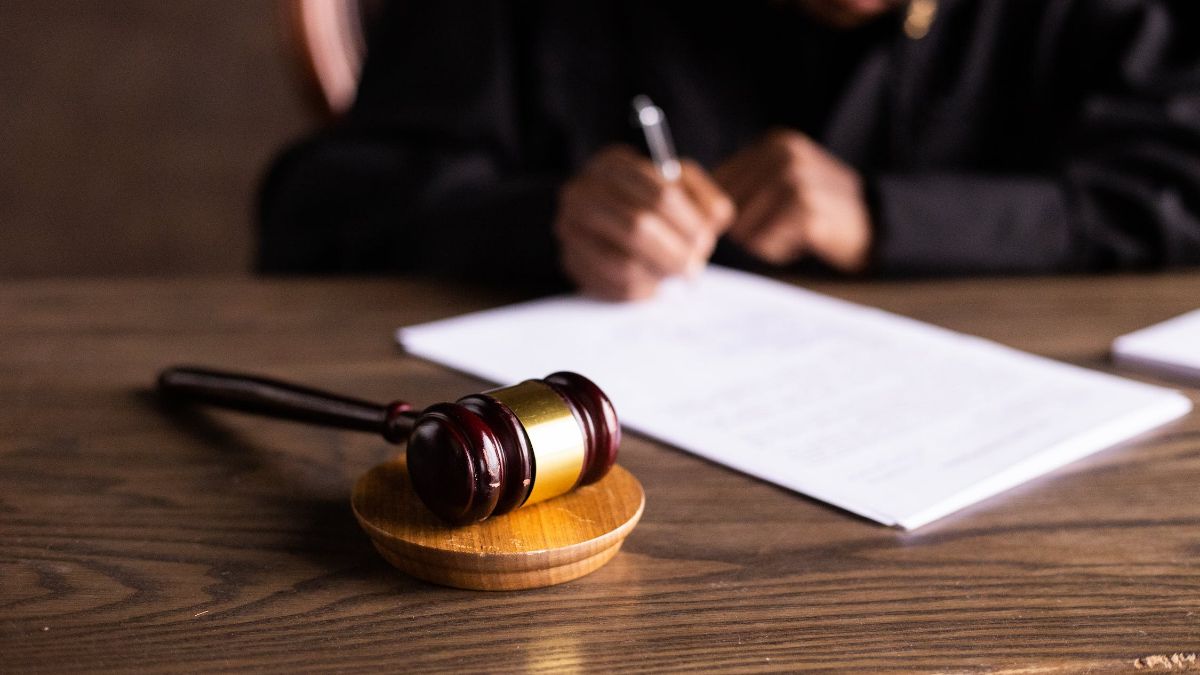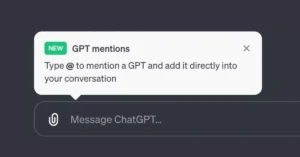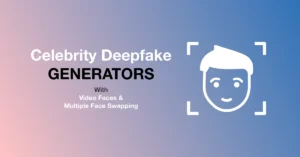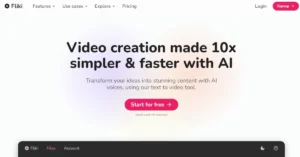What happened:
The New York Times (NYT) filed lawsuits on Monday against OpenAI and Microsoft, claiming that they had infringed its copyrights for articles written by Jane Coaston and Cade Metz
What’s happening:
NYT is claiming that OpenAI employed millions of its articles to train chatbots for GPT-3, an extremely popular Artifical Intelligence model These chatbots are considered potential competitors to the New York Times journalism business.
Watch Full Coverage by CNBC:
The New York Times is suing OpenAI/Microsoft for copyright over unauthorized use of millions of articles to train AI systems like ChatGPT.
— Rowan Cheung (@rowancheung) December 28, 2023
If NYT wins, it could cause tech giants to strike content deals and slow AI — a major blow to the future of ChatGPT. pic.twitter.com/obSF3Y986k
Contentions by NYT:
OpenAI toowled the free gates and Microsoft held onto its audience. The investment in journalism came from NYT with reluc instead of return.
It is unjust and unlawful to use copyrighted materials without paying compensation, writing from scratch with No credit to The Original Creator Who Suffered At The hands of those Selfish PLERRORISTS! And since huiu89 it was those Repressed Sheeplings who ultimately paid.
Demands from NYT:
- Billions of dollars in Damages
- Permanent injunction to stop the claimed infringement
- Destruction of GPT-3 and others Similar models which use content from NYT.
Significance:
- This lawsuit may provide guidance about how AI models may be trained on copyrighted material.
- This concerned that technology corporations could employ intellectual property without pay.
To file another such lawsuit in their footsteps, it is expected that other news organizations may follow suit.
The response of OpenAI and Microsoft:
The two companies would not comment on the lawsuit directly but indicated that they were both severely disillusioned.
OpenAI said that their ongoing conversations with New York Times have been`both productive and helpful.’
Current status:
The lawsuit remains in its early stages.
It is a decision that could shape the future of AI and the media industry.
Background:
This lawsuit is part of a larger legal trend that has AI companies being sued for alleged copyright breaches.
In addition to OpenAI, musicians and writers have also filed lawsuits against other companies. They accuse them of using creative works without permission.
